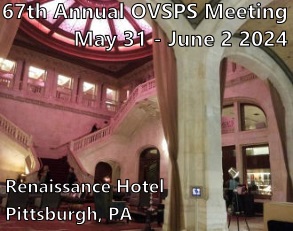<< Back to the abstract archive
Outcomes of chest wall reconstructions in locally invasive oncologic reconstruction: a single institution experience
Meeti Mehta, BS; Zhazira Irgebay, BA; Shayan Sarrami, MD; Elizabeth A. Moroni, MD, MHA; Carolyn De La Cruz, MD
University of Pittsburgh
2024-01-15
Presenter: Meeti Mehta, BS
Affidavit:
Agree
Director Name: Vu Nguyen
Author Category: Medical Student
Presentation Category: Clinical
Abstract Category: Breast (Aesthetic and Recon.)
Certain cancers that require more aggressive intervention, such as locally advanced breast cancer (LABC), may require reconstruction of the thoracic wall following treatment. While this operation serves to improve survival and function, it is not without complications. This study aims to examine the clinical outcomes of chest wall reconstruction following treatment of locally invasive tumors. This study included 21 patients who underwent chest wall reconstruction at our institution from 2004-2022. Patients who underwent chest wall reconstruction for cardiac-related diagnoses were excluded. Demographic and clinical data were collected, and pre-, intra-, and postoperative management was compared with patient outcomes. In this sample, 90% of patients were female with a median age of 72 years. The most common diagnoses were breast cancer (76%) and sarcoma (19%). Many patients underwent mastectomy (62%), radiation therapy (43%) or chemotherapy (33%) prior to chest wall reconstruction. Of our sample, most patients (43%) required skin grafting, 33% needed latissimus dorsi soft tissue reconstruction, and 9.5% required bony reconstruction. 33% of patients experienced postoperative complications, which included delayed wound healing (14%), hematoma (4.8%), and cancer recurrence (9.5%). Evaluating long-term outcomes, our cohort had a survival rate of 100% at 1 year, 67% at 3 years, and 48% at 5 years. This represents a unique analysis of long-term postoperative outcomes of chest wall reconstruction patients. We found that most cases were successfully treated with regional flaps and/or split-thickness skin grafts with low complication rates. Notably, none of the complications encountered resulted in a delay in postoperative oncologic care.



